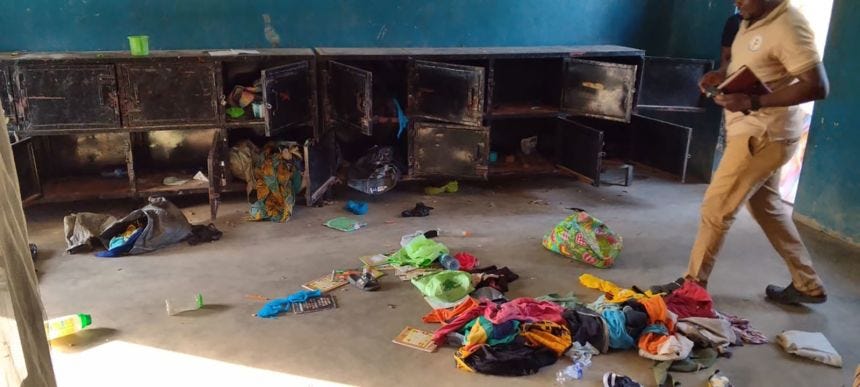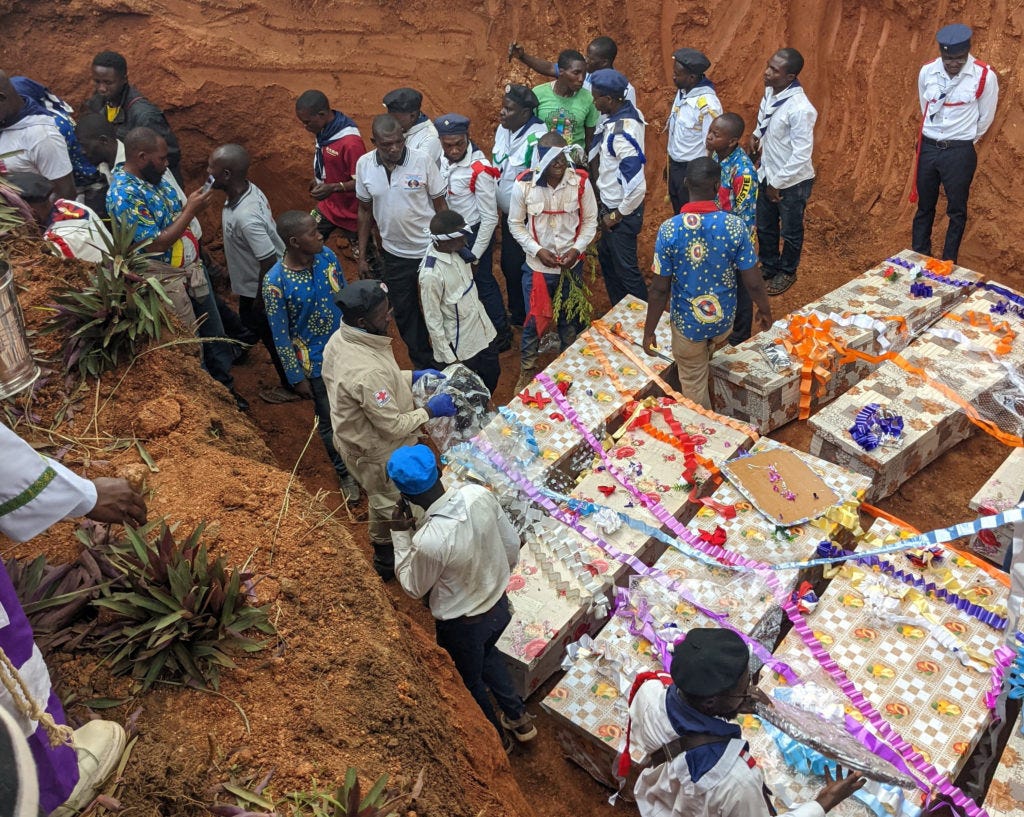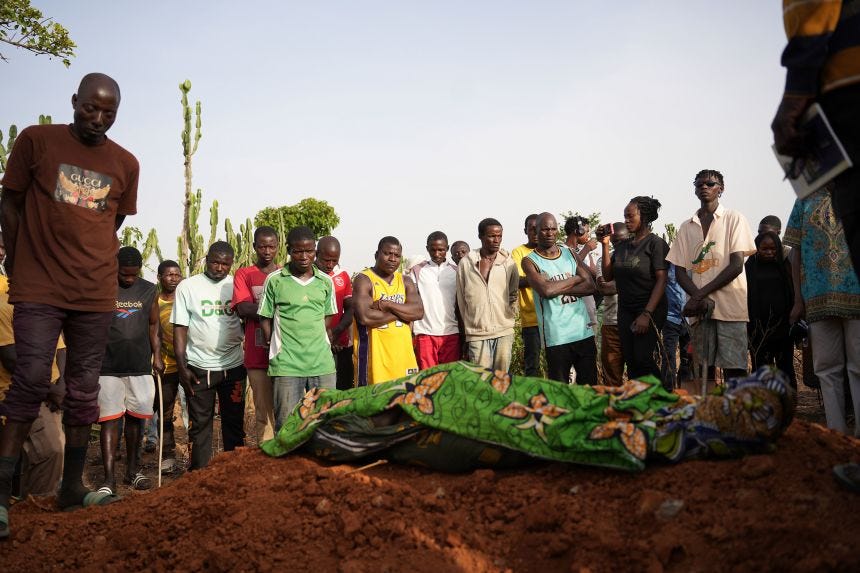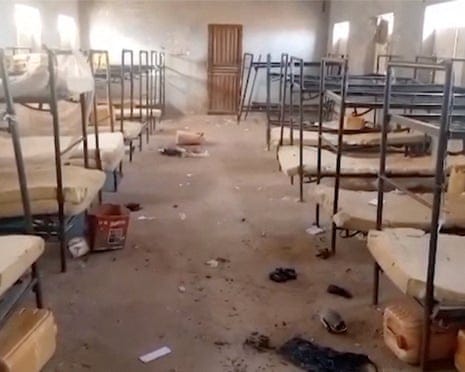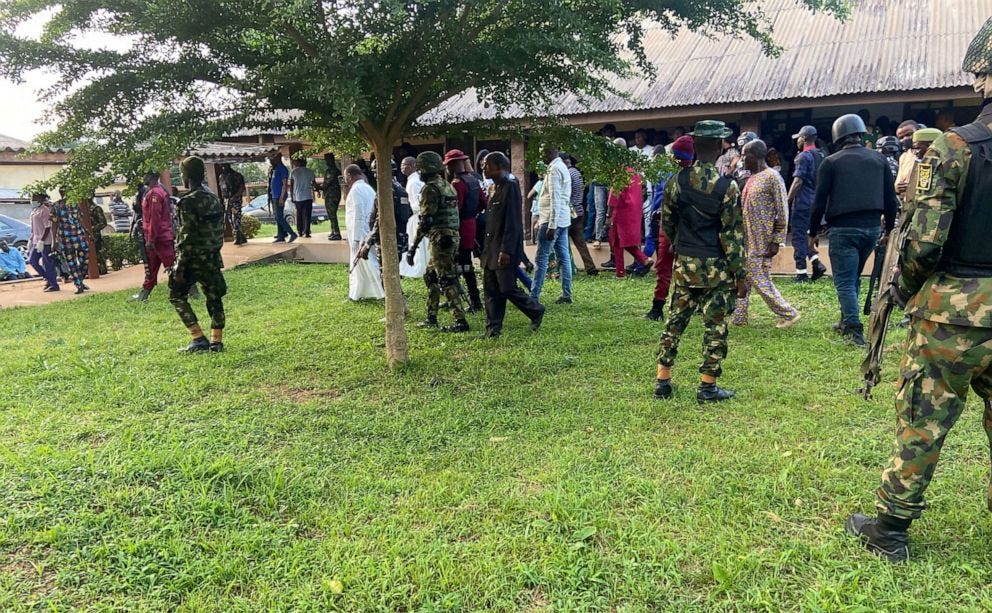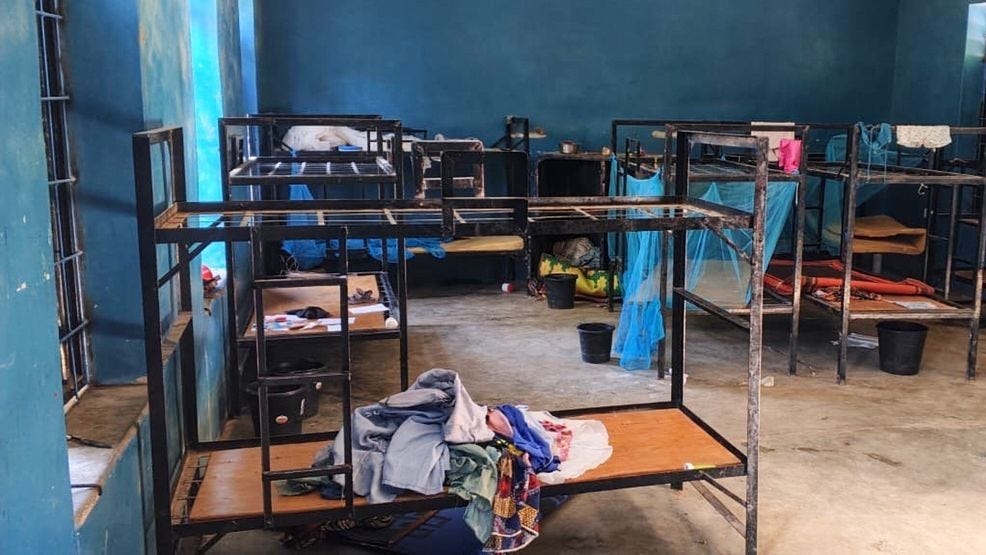Christian Children Kidnapped in Nigeria | Dr. Marcus Peter
Catholics Under Attack and the Global Response
When armed gunmen descended upon St. Mary’s School in Papiri, Niger State, Nigeria, on November 21st, 2025, they accomplished something that years of diplomatic rhetoric had failed to achieve: forcing the world to confront the reality of systematic attacks on Christian education in Africa. The three-hour operation resulted in the abduction of 303 students and twelve teachers, creating yet another chapter in Nigeria’s seemingly endless catalog of educational institutions under siege.
The methodical nature of this assault reveals sophisticated planning that extends far beyond opportunistic criminal activity. Armed groups loaded children aged ten to eighteen onto large trucks during nighttime hours, targeting specifically the elementary dormitories where the youngest and most vulnerable students resided. Furthermore, when eighty-eight students attempted escape during the chaos, their captors demonstrated remarkable coordination by intercepting and recapturing them, suggesting extensive reconnaissance and tactical preparation.
The Arithmetic of Despair
Contemporary Nigeria presents a mathematical equation that would challenge even the most optimistic social theorists: multiply weekly kidnappings by governmental paralysis, then divide by international attention spans measured in news cycles rather than human suffering. The same week that St. Mary’s School fell victim to this coordinated assault, similar attacks occurred across Zamfara, Kebbi, and Kwara states, creating a pattern that defies coincidental explanation.
Nigerian authorities responded to this crisis with their characteristic blend of bureaucratic efficiency and strategic confusion. President Bola Tinubu canceled his attendance at both the G20 summit and the European Union-African Union Summit, demonstrating either commendable prioritization of domestic concerns or acknowledgment that Nigeria’s international reputation had already suffered irreparable damage. Meanwhile, the Niger State government declared all educational institutions closed until 2026, effectively surrendering the academic year to criminal enterprises.
The federal government’s decision to shutter forty-seven additional schools across affected regions represents a fascinating exercise in collective punishment disguised as protective measures. Rather than enhancing security at vulnerable institutions, authorities chose wholesale abandonment of educational infrastructure, thereby accomplishing what kidnappers themselves could never achieve through violence alone: the complete disruption of formal learning for thousands of additional children.
Global Theater and Papal Diplomacy
Pope Leo issued the obligatory statement expressing “deep sadness” and calling for immediate release of the captives, following diplomatic protocols that have proven remarkably consistent across similar crises. The pontiff’s appeals, while morally necessary, illuminate the vast chasm between ecclesiastical influence and practical intervention capabilities in regions where state authority has effectively collapsed.
International responses followed predictable patterns established through decades of similar crises. Western governments expressed concern through carefully worded statements, while regional African leaders maintained strategic silence to avoid acknowledging their own security vulnerabilities. The United States, already experiencing deteriorated relations with Nigeria following President Trump’s military intervention threats, found itself in the awkward position of condemning attacks while simultaneously undermining Nigerian sovereignty through public declarations about Christian persecution.
This diplomatic dance reveals fundamental contradictions in contemporary approaches to religious freedom violations. Western powers simultaneously demand respect for national sovereignty while threatening intervention based on religious protection, creating confusion that criminal organizations exploit with remarkable effectiveness. Consequently, kidnapping networks operate within jurisdictional gray areas where local authorities lack capacity and international forces lack mandate.
The Economics of Educational Terrorism
Nigerian kidnapping enterprises have evolved into sophisticated economic systems that demonstrate disturbing business acumen. Criminal organizations understand that educational institutions generate maximum international attention while requiring minimal military resources to capture. Schools provide concentrated populations of high-value targets whose disappearance creates sustained media coverage and family desperation conducive to ransom negotiations.
The targeting of Catholic schools specifically reflects calculated strategy rather than random selection. Religious institutions carry symbolic weight that amplifies international pressure, while simultaneously appealing to global Catholic networks capable of mobilizing resources for ransom payments. Additionally, Christian schools often operate with limited security infrastructure compared to government facilities, making them attractive targets for groups seeking maximum impact with minimal resistance.
Current economic incentives ensure that successful kidnapping operations generate resources sufficient to fund future attacks, creating self-perpetuating cycles of violence. Ransom payments, whether from families, religious organizations, or governments, provide capital for weapons acquisition and operational expansion. Meanwhile, arrests remain statistically insignificant, meaning criminal enterprises face minimal accountability while enjoying substantial profit margins.
Systematic Abandonment of Religious Communities
The St. Mary’s School kidnapping represents merely the latest manifestation of broader patterns affecting Christian communities throughout sub-Saharan Africa. Government authorities across the region have demonstrated remarkable consistency in their inability to protect religious minorities while simultaneously maintaining diplomatic relations with international Christian organizations that provide substantial developmental assistance.
This contradiction creates perverse incentives where governments benefit from Christian charitable activities while failing to provide basic security for Christian institutions. Religious schools, hospitals, and social service organizations operate as quasi-governmental entities providing essential services, yet receive minimal protection from the states they effectively subsidize through their operations.
Furthermore, international aid flows directed toward Christian organizations inadvertently signal to criminal networks that these institutions possess valuable resources worth acquiring through violent means. Developmental assistance intended to strengthen religious communities instead marks them as profitable targets for kidnapping enterprises seeking maximum return on investment.
The escape of fifty students on November 23rd demonstrates both the courage of these young people and the fundamental weaknesses of their captors’ operational security. However, this development also reveals the arbitrary nature of freedom in these circumstances, where liberation depends more on circumstance than systematic rescue efforts.
The Failure of Protective Rhetoric
International religious freedom advocacy has produced impressive quantities of documentation regarding Christian persecution while achieving remarkably little practical protection for threatened communities. Annual reports catalog increasing violence against religious minorities with statistical precision, yet offer minimal strategic interventions beyond diplomatic protests and economic sanctions that primarily impact civilian populations rather than criminal organizations.
Catholic institutions worldwide maintain extensive networks for information sharing about persecution, yet demonstrate limited capacity for coordinated protective action. The Vatican’s diplomatic apparatus excels at moral pronouncements while remaining constrained by political realities that prevent direct intervention in sovereign nations experiencing security collapse.
Moreover, Western Christian organizations often focus their advocacy efforts on religious freedom violations in countries where such campaigns align with broader geopolitical objectives, while maintaining relative silence regarding equally severe persecution in nations where intervention might complicate other strategic interests.
Beyond Sympathy: Toward Practical Solutions
The kidnapping crisis affecting Nigerian educational institutions requires responses that transcend conventional diplomatic approaches. Religious communities must acknowledge that moral outrage alone provides insufficient protection for vulnerable institutions, particularly when criminal organizations operate with virtual impunity across vast ungoverned territories.
Effective interventions might include coordinated security training for religious institutions, technological systems for early warning and communication, and financial mechanisms that reduce reliance on ransom payments while providing alternative economic opportunities in affected regions. Additionally, international Catholic networks could develop rapid response capabilities that complement rather than duplicate governmental security efforts.
The crisis at St. Mary’s School ultimately challenges global Christian communities to move beyond reactive sympathy toward proactive solidarity with threatened educational institutions. The 253 children and teachers who remain in captivity deserve more than prayers and press releases; they require sustained commitment to practical protection strategies that acknowledge the realities of contemporary criminal enterprises.
As Nigeria’s security situation continues deteriorating under President Tinubu’s administration, the international community faces fundamental choices about whether religious freedom advocacy will evolve beyond documentation toward effective intervention, or whether future kidnappings will generate only familiar cycles of outrage followed by institutional amnesia.



